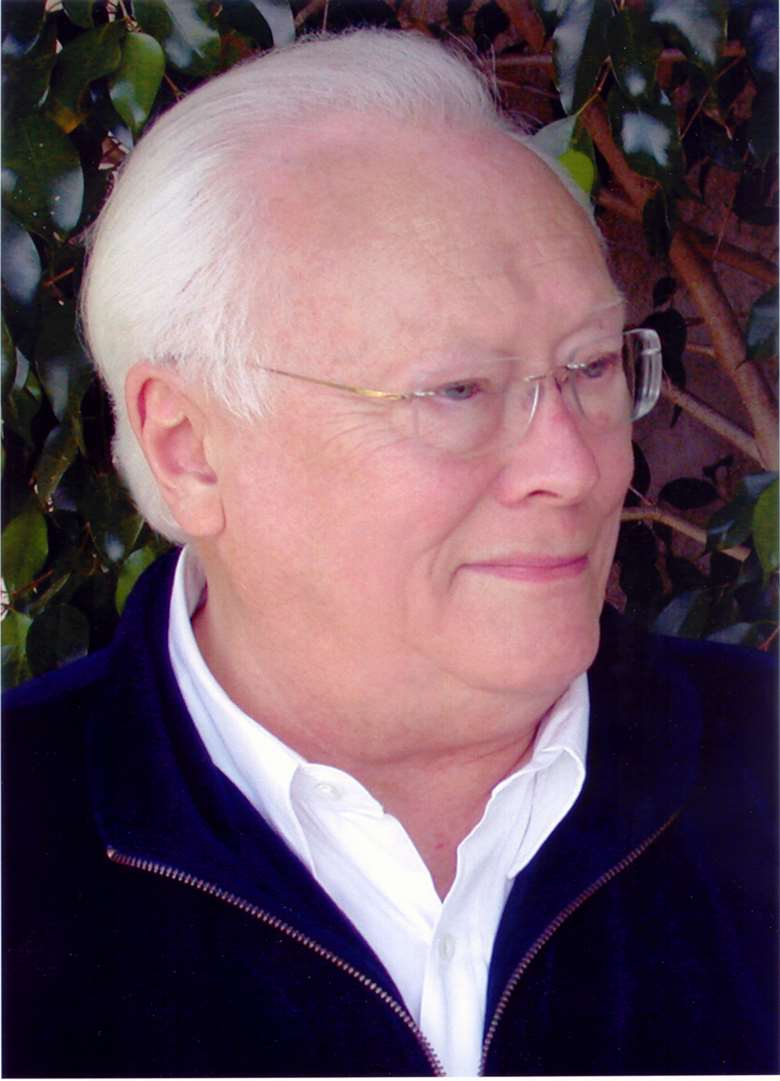The composer Gerard Schurmann has died
Thursday, March 26, 2020
Born January 19, 1924; died March 24, 2020

The composer and conductor Gerard Schurmann has died at his home in the Hollywood Hills. He was 96. Born in the Dutch East Indies (now Java) to Dutch parents, Schurmann settled in the UK, remaining there until 1981 when he moved to the USA.
As a boy in Java he developed a love of music from gramophone records, he learned the piano (inspired by his mother) and attempted his first composition for the Indonesian gamelan. As a teenager he studied composition with Alan Rawsthorne (who would become a lifelong friend and mentor), piano with Kathleen Long and conducting with Franco Ferrara.
After the war, during which he served in the RAF, Schurmann joined the Embassy of The Netherlands in London as cultural attaché until the conductor Eduard van Beinum helped him gain the post of resident orchestral conductor at the Netherlands Radio in Hilversum. Following his return to England, he established himself as a composer.
His output embraced all genres of music from chamber, vocal and choral to orchestral and film scores. His Piano Concerto (1973) was premiered by John Ogdon and his Violin Concerto (1978) by Ruggiero Ricci. His concert works also include Six Studies of Francis Bacon (1968 - Schurmann was a neighbour and friend of the artist who painted a well-known portrait of him) and Variants (1970) for orchestra, The Gardens of Exile (1989-90) for cello and orchestra, the opera-cantata Piers Plowman (1979-80) and the choral cantata The Double Heart (1976). His music was championed by conductors of the stature of Lorin Maazel and Edo de Waart (who premiered Schurmann's Concerto for Orchestra with the Pittsburgh SO in 1996). Reviewing the Chandos recording of the Violin Concerto and Concerto for Orchestra, which the composer conducted, Michael Oliver wrote that the latter 'has all that it takes to become genuinely popular: vividly dramatic gesture (the imperative fortissimo chords at the outset, the muttering choir of drums that launches the third movement), bold and striking melodies (each movement has at least one), emotional depth (that third movement has as climax an eloquent lament) and plentiful demands for orchestral splendour.'
Schurmann’s film music career started in 1953 when he assisted Alan Rawsthorne on the score for The Cruel Sea. Rawsthorne entrusted a battle-at-sea sequence to his young protégé, and when the producer and director expressed their admiration for the music, Rawsthorne confessed that Schurmann was the composer – and his film career was launched. His first score was for The Long Arm for Ealing Studios, starring Jack Hawkins. Such was the reception that he wrote another two scores for the studios, both starring Hawkins (Man in the Sky and The Two-headed Spy). The 1950s and '60s saw him writing numerous scores for horror films, for which the UK was famed. These included Horrors of the Black Museum, Konga, The Camp on Blood Island and The Lost Continent – Schurmann's music was always superbly crafted and imaginatively orchestrated.
Moving into the mainstream, Schurmann scored such films as the Cold-War-set The Bedford Incident (with Richard Widmark and Sidney Poitier), The Ceremony (directed by, and starring, Laurence Harvey), Dr Syn (with Patrick McGoohan and George Cole), the Second World War action picture, Attack on the Iron Coast, Cone of Silence (with Peter Cushing), Claretta (about Mussolini and his mistress Claretta Pettaci) and a bio-pic of part of Dostoyevsky's life, with Michael Gambon, entitled The Gambler.
Numerous of his film and concert scores have been recorded by Chandos, conducted by either the composer or Rumon Gamba, while Toccata Classics has focused on Schurmann’s chamber music.
Sample his art in this Apple Music playlist.







